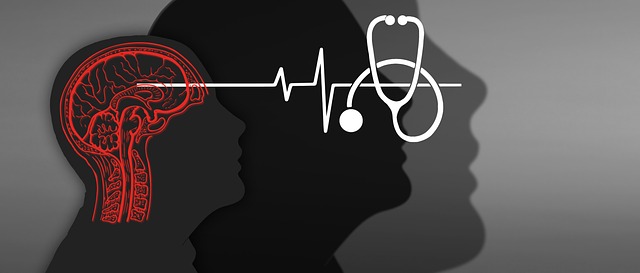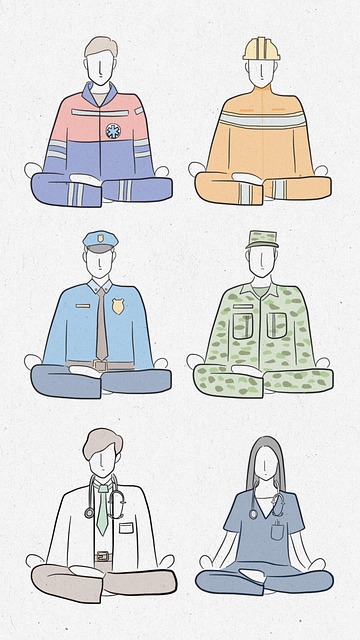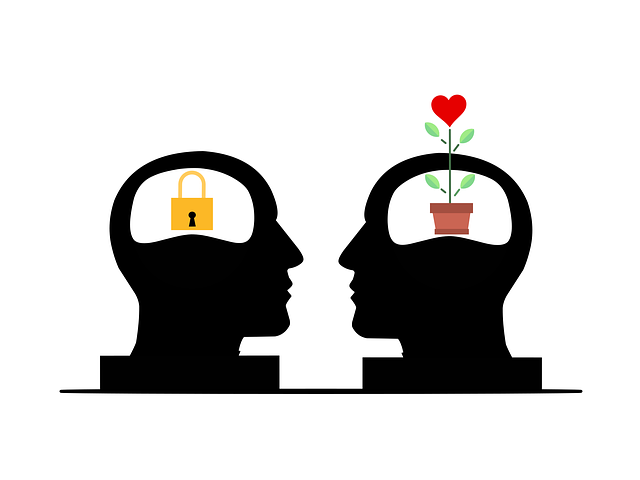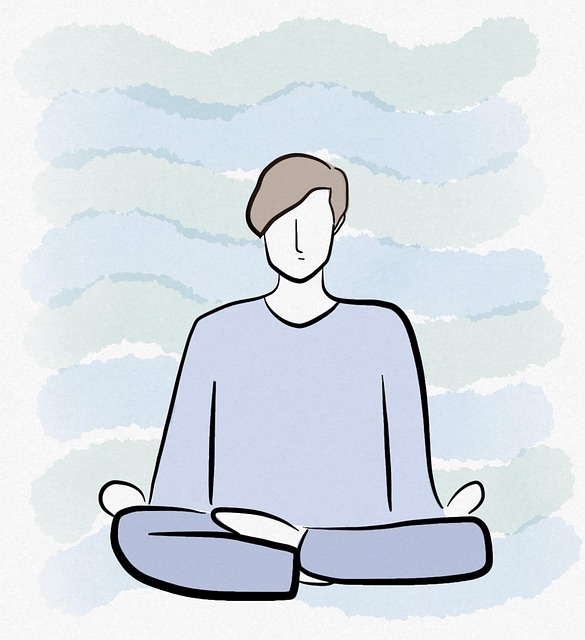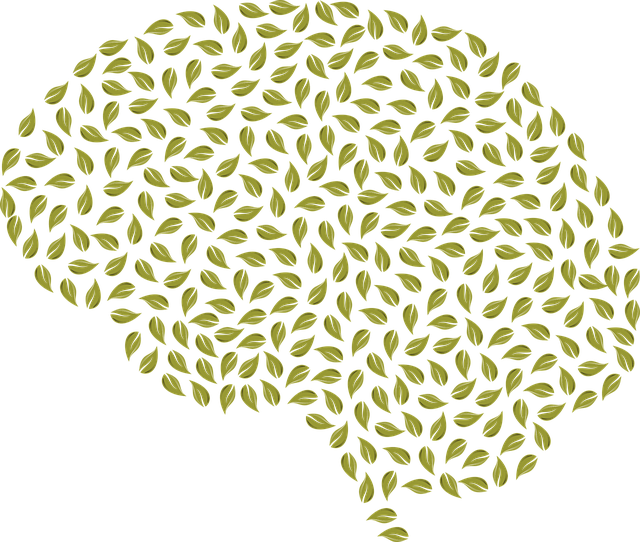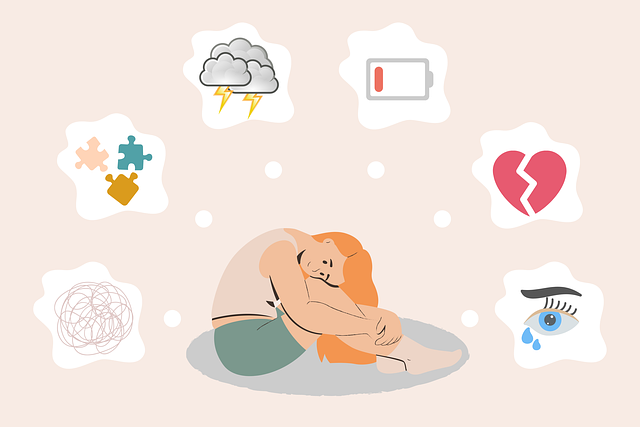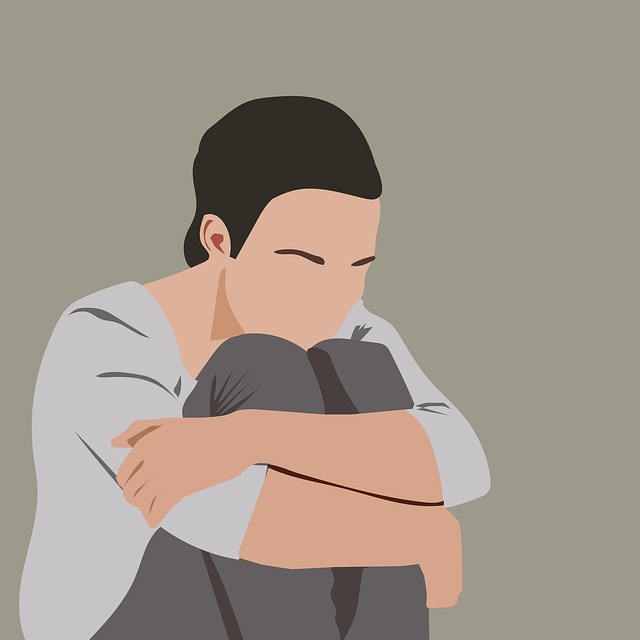Mindfulness meditation emerges as a powerful tool for navigating the 'Centennial Crisis', modern pressures like rapid technology and high social expectations. Unlike traditional therapy, mindfulness encourages embracing the present moment, accepting emotions without judgment, and improving self-care. Creating a dedicated home space with comfortable seating, soft lighting, and minimal distractions enhances meditation's benefits, aiding stress reduction, anxiety management, and conflict resolution skills. Exploring various techniques like Breath Awareness, Body Scan, and Metta meditation, guided by Centennial Crisis Counseling Therapy, allows individuals to find suitable practices for improved mental well-being in a bustling world.
Unwind and find inner peace with mindfulness meditation, a practice that has gained prominence in modern wellness. This ancient technique offers a powerful solution to today’s stress-filled lives, addressing what some call the ‘Centennial Crisis’. In this guide, we’ll explore how mindfulness can transform your mental health. From understanding its core principles to setting up the perfect practice space and mastering various techniques, discover the tools to navigate this journey. Embrace a healthier mind with simple steps towards optimal wellness through mindfulness meditation, complementing modern counseling therapy methods.
- Understanding Mindfulness Meditation: Unwinding the Centennial Crisis
- Setting Up Your Practice: Tools and Environment for Optimal Sessions
- Techniques to Master: Navigating Different Types of Mindfulness Meditation
Understanding Mindfulness Meditation: Unwinding the Centennial Crisis

Mindfulness meditation has gained significant attention in recent years as a powerful tool for mental wellness and inner strength development. At its core, mindfulness is about cultivating present-moment awareness, observing thoughts and feelings without judgment, and embracing life’s experiences with openness and curiosity. This practice dates back centuries but has seen a resurgence in the 21st century, partly due to the growing recognition of the centennial crisis—a term highlighting the increasing stress and mental health challenges faced by many individuals today.
The centennial crisis refers to the unique pressures and anxieties that this century presents, from rapid technological advancements to heightened social expectations. Traditional counseling therapy often addresses these issues through introspection and problem-solving, but mindfulness meditation offers a different approach. It encourages individuals to focus on the here and now, accepting their emotions and thoughts as they are, without trying to change or fix them. This practice has been shown to enhance self-care practices, reduce stress, and improve overall well-being, making it an invaluable tool for navigating the complexities of modern life.
Setting Up Your Practice: Tools and Environment for Optimal Sessions

Setting up your mindfulness meditation practice is akin to preparing a sanctuary for self-care and mental well-being. A quiet, comfortable space free from distractions can significantly enhance the benefits of your sessions. Consider a dedicated area in your home where you can sit peacefully, perhaps with soft lighting and soothing decor. Invest in tools like a yoga mat or a cozy meditation cushion that support good posture during practice. Even a simple timer can help you focus solely on your breath without interruption.
Centennial Crisis Counseling Therapy advocates for establishing a routine by setting aside a specific time each day for meditation. Consistency is key; regular practice can help reduce stress, alleviate anxiety, and even improve conflict resolution techniques. By creating an optimal environment and adopting Stress Reduction Methods, you’re taking a proactive step towards a calmer mind and better mental health. This peaceful sanctuary becomes a place where you can retreat to, fostering inner peace amidst life’s challenges.
Techniques to Master: Navigating Different Types of Mindfulness Meditation

Navigating different types of mindfulness meditation is key to finding a practice that resonates with you, especially as we navigate today’s bustling world and its inherent stresses. Mindfulness practices vary in style and intensity, catering to individuals seeking various outcomes like anxiety relief or enhanced focus. One popular approach is Breath Awareness Meditation, where the breath serves as an anchor to bring your mind back to the present moment. This simple yet profound technique encourages a non-judgmental awareness of inhalation and exhalation, fostering a sense of calm.
Another avenue to explore is Body Scan Meditation, which invites you to pay close attention to physical sensations as they arise without reacting or judging them. This practice helps cultivate a deeper connection with your body, promoting stress management and bodily awareness. For those grappling with anxiety, loving-kindness meditation (Metta) offers a transformative path by cultivating feelings of compassion and goodwill towards oneself and others. As you embrace these diverse techniques, Centennial Crisis Counseling Therapy can provide guidance tailored to your needs, enhancing your journey towards improved mental well-being and public awareness campaigns development.
Mindfulness meditation, as a practice that has stood the test of time, offers a powerful tool for navigating the challenges of modern life, including the effects of the centennial crisis. By understanding its principles, setting up a supportive environment, and exploring diverse techniques, individuals can unlock profound benefits for their mental well-being. Integrating mindfulness into daily routines empowers people to cultivate resilience, enhance self-awareness, and foster a deeper connection with the present moment. Whether through formal practice or casual moments of awareness, mindfulness meditation serves as a transformative journey toward greater clarity, calmness, and overall life satisfaction.
